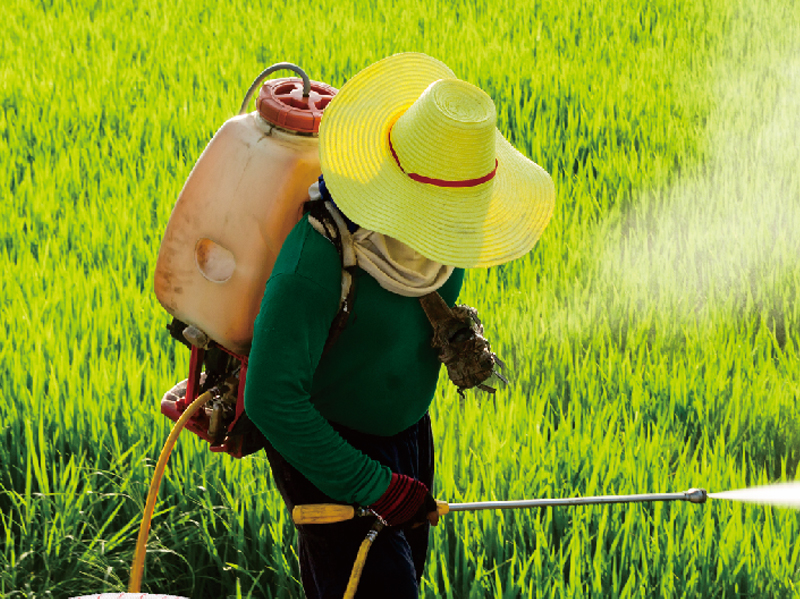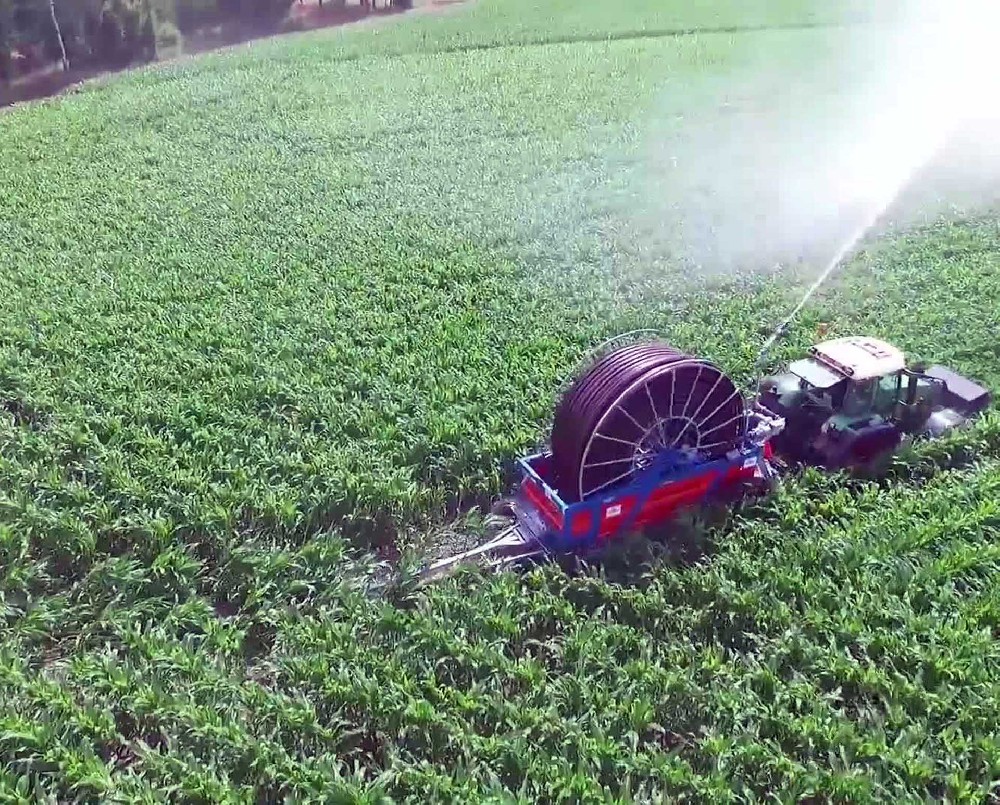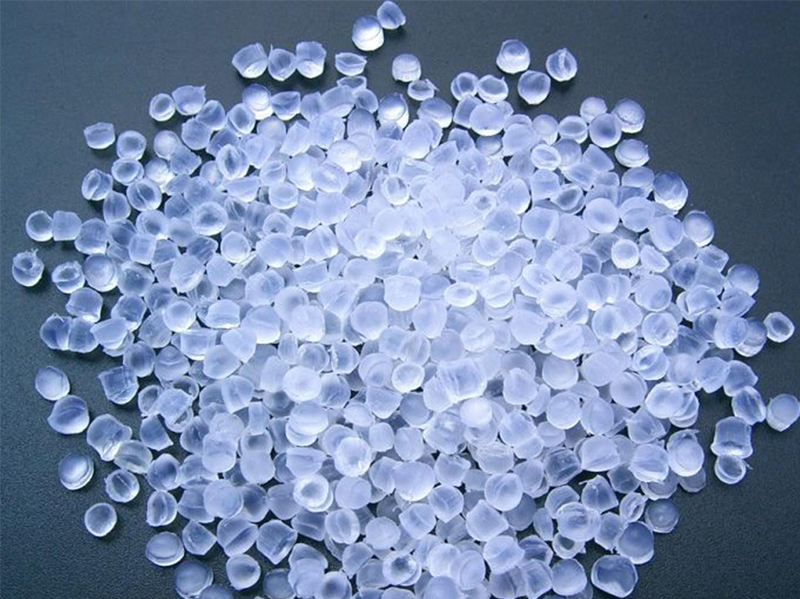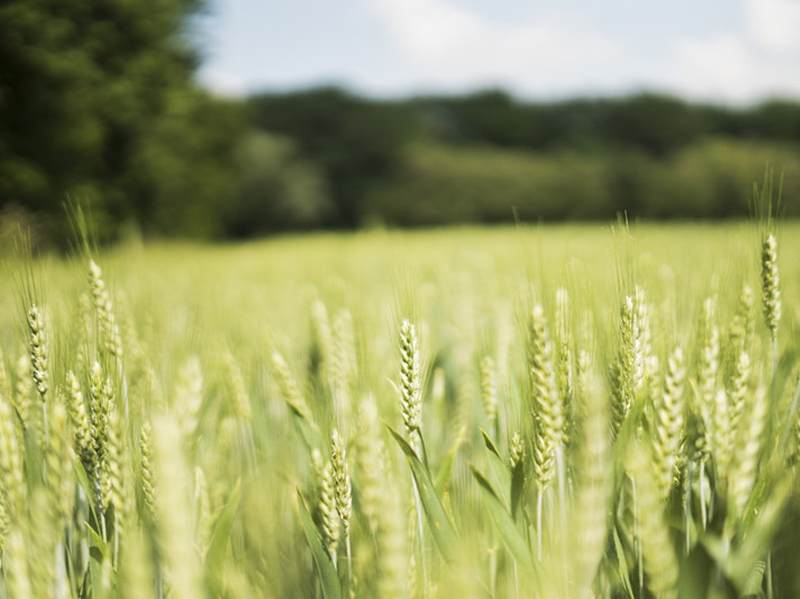A Hoses are an essential component of any spraying equipment. You need a hose that you can rely on and that lasts. Consider the following key features when purchasing critical equipment for your rig:
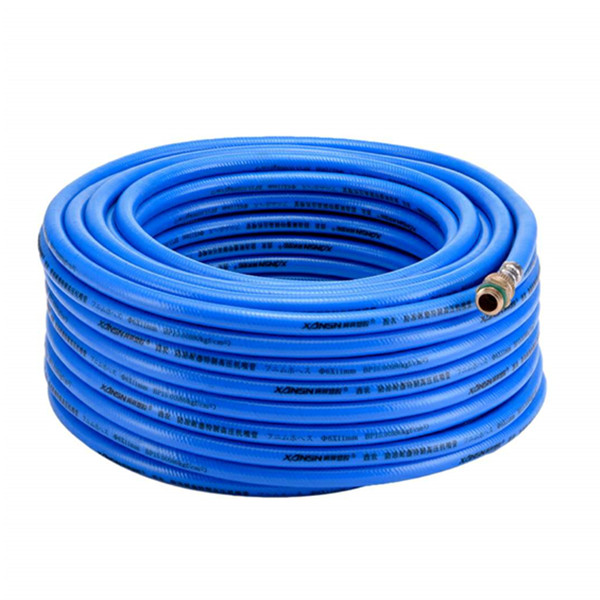
◆ Size: Typically, commercial turf sprayers use 300-400 ft hoses rated at 600 or 800 PSI. Most lawn sprayers use a ½ -inch hose. Any small object is not suitable for pressure drop, and larger diameters become heavy as the chemicals they carry increase. The ½ inch hose seems to be the preferred choice for lawn sprayer operators.
◆ Materials: Hoses are available in a variety of materials, but in the lawn care industry, hoses are mostly a mixture of polyurethane and PVC materials due to their excellent chemical resistance. Carbamate additives help soften the harder PVC material, thus making the hose softer. The hose has the form of one or two helices. This is nylon rope that extends through the hose to provide reinforcement. The spiral single pass extends from one end to the other, and the spiral double pass hose will extend from one end to the other and back again. Typically, in the lawn care industry, spiral single-pass hoses are suitable for this job and can be cost effective.
◆ Hose texture: Some hoses are smooth on the outside, while others are ribbed. Smooth hoses make pulling weeds easier, but don't last long. Graham's hose has a ribbed appearance because it provides greater durability for the outer coating when the concrete is pulled. Hoses typically last more than five years, but vary depending on storage and operating conditions, including temperature fluctuations, dragging on concrete, being run over by trucks, and other wear and tear.
Hose accessories: nozzle or spray gun can be connected to the hose through the adapter, so as to achieve flexible spray mode. Crimped end connections can provide an excellent fit and certain hoses may be required. Make sure you have the right fittings or joints to make the most of hoses and products.
◆ Chemical resistant hose: Several characteristics of a hose affect its ability to withstand damage from chemicals flowing through it.
◆ Temperature: Ensure that the hose is operating within its manufacturer's recommended temperature limits. High temperatures can affect how the chemicals react to the compound, ultimately affecting the hose's performance. Hose pressure determined to be 70 degrees. At higher temperatures, the hose begins to soften, resulting in a reduction in pressure. Anything below 32 degrees can cause chemicals to freeze and expand, potentially damaging the hose itself.
Hose grade/mixing: The material composition of the hose is also a determining factor in its durability when it interacts with chemicals. The rubber mixture can cause the hose to bend and thus affect its service life. Commercial turf spray hoses often contain additives such as urane to enhance the flexibility of spraying and handling around obstacles. Such additives can affect hoses' interaction with chemicals, so if in doubt, use the chemical test hose to be treated before use.
◆ Size: As mentioned earlier, the diameter of the hose can also affect the chemicals carried by pressure changes. Be sure to choose the best size hose for your service. Smaller hoses are attractive because they can accommodate smaller gate or fence openings, but it is important to find a balance between pressure and pressure requirements. If the trees you spray require higher pressure, choose a slightly larger diameter.
◆ End connector: Correct end connector will help you make full use of the hose. You need a firm and properly aligned joint to allow a seamless transition of chemicals to the hose. The correct selection of the right accessory for your type of work will ensure the correct pressure and chemical dose.
Be sure to choose a hose suitable for your business based on the above components. Hose prices are expected to range from $300 to $1,000. A good hose can withstand chemicals flowing through it every day without deterioration. It also withstands constant handling and coiling during your busy seasons. When you have to buy a new hose, you'll know what to look for when choosing the best replacement hose.


